Concessional / deductible contributions by employers for employees
Maximum contributions for each employee up to 75 years of age, including “salary sacrifice” (needs to be proactive) and superannuation guarantee payments without incurring excess concessional contributions tax: $25,000
Condition:
Between 65 – 74 years must satisfy the work test and only contributions received before the 28th day after the end of the month in which member turns 75 are deductible.
Concessional / deductible personal contributions by individual taxpayers, including investors
Maximum contribution by each individual up to 75 years of age without incurring excess concessional contributions tax: $25,000
Conditions:
• The individual must notify the fund of intention to claim a deduction (form NAT 71121) and the fund must acknowledge the notice.
• Contribution cannot create or increase a loss (deduction cannot exceed taxable income).
• Over 65 years must satisfy work test.
• For individuals turning 75, only contributions received before the 28th day after the end of the month in which member turns 75 are deductible.
High income earner contributions (Division 293)
From 1 July 2017, an additional 15% “contributions tax” is applied to those with adjusted taxable incomes (broad definition) exceeding $250,000.
Non-concessional/ non-deductible contributions by individual taxpayers
Maximum contribution by each individual up to 75 years of age without incurring excess non-concessional contributions tax: $100,000 subject to individual’s total superannuation balance
Note: Over 65 years the work test will need to be satisfied.
Note: An individual taxpayer who is under 65 years of age in an income year can bring forward two years’ entitlements and make one contribution of $300,000 without exceeding the cap ─ i.e. no further contributions over the three years.
Note: The annual maximum amount will be indexed and remain at six times the concessional amount.
Note: If an individual’s total superannuation balance at 30 June 2017 was $1.6 million or higher, the non-concessional cap will be nil.
Excess concessional / deductible and non-concessional / non-deductible contributions
From 1 July 2013 excess concessional (only) contributions will be taxed at the member’s marginal tax rate with tax offset and an interest charge applied. The excess may be withdrawn from the fund.
The punitive tax rate of 47% remains for excess non-concessional contributions.
Government co-contributions
The co-contribution made by the Government of up to $500 is available to employees and the self-employed less than 71 years of age at the end of the income year who make non-concessional/undeducted personal superannuation contributions of up to $1,000 and whose total income (assessable, reportable employer superannuation contributions and reportable fringe benefit amounts) is less than $52,697; the lower threshold of $37,697 allows for the full co-contribution 50c/$1.
Conditions:
• 10% or more of the person’s total income is attributable to employment or carrying on of a business.
• Total superannuation balance at 30 June 2017 must be less than $1.6 million.
Government contributions for low income earners
From 1 July 2017, concessional contributions made by or on behalf of individuals with adjusted taxable incomes of up to $37,000 will be matched by the Government up to an annual maximum amount payable of $500.
Contributions for spouse – tax offset
A taxpayer making a personal non-concessional/non-deductible contribution for his/her non working or low income spouse is eligible for a tax offset of up to $540 where a contribution of up to $3,000 is made for a spouse whose assessable income, reportable fringe benefit and reportable superannuation contribution amounts do not exceed $37,000. The offset is phased out at $40,000.
Condition:
No work test is applied if the spouse is under age 65, but between 65 and 70 years the spouse must satisfy the work test. No offset over 70 years of age.
Fund acceptance of contributions – age and work test
A regulated superannuation fund may accept contributions as follows:
- If the member is under age 65
– all contributions made.
- If the member is 65 or more but under 70 years
– mandated employer contributions
– employer or member contributions provided the work test is satisfied.
- If the member is 70 or more but under 75 years
– mandated employer contributions
– employer/member contributions up to 28th of the month in which member turns 75 and satisfies the work test.
- If the member is 75 years or more
– mandated employer contributions.
A person satisfies the work test if gainfully employed at least 40 hours in a period of not more than 30 consecutive days in that financial year.
Superannuation guarantee contribution rate
From 1 July 2014, the contribution rate has increased from 9.25% to 9.5%, and will remain so until 1 July 2021 when it will increase by 0.5% each year until the rate is 12%.
Reportable employer superannuation contributions
From 1 July 2014, the payment of salary sacrifice superannuation and other additional* superannuation over and above the compulsory superannuation guarantee charge of 9.5%, paid by employers for employees, will need to be recorded on employees’ year end PAYG summaries.
*where employee influences the rate or amount of employer contributions.
An employee is considered to have the capacity to influence if he or she can directly negotiate the rate or amount of employer contributions.
As a guideline, the capacity to influence may be shown by:
1. The employer’s relationship with the employee. For example, the employee is the spouse of the employer.
2. The employee’s involvement in negotiations/preparation concerning the terms of any industrial agreement governing super contributions;
3. The amount contributed for the employee relative to the compulsory contributions the employer is required to make;
4. The employer’s super contribution arrangements for other employees; and
5. Any non-arm’s length dealings.
Unused concessional / deductible contributions (both for employers and individual tax payers, including investors)
From 1 July 2018, where an individual’s superannuation fund balance is less than $500,000, unused concessional contributions (up to the maximum $25,000) may be aggregated and claimed on a rolling five year basis. The unused contributions can be accessed from 1 July 2019.
Home proceeds (known as “downsizing”, one-off contribution, not subject to usual cap)
From 1 July 2018 proceeds from sale of home may be contributed, subject to:
• Individuals aged 65 years or more
• Proceeds from sale of primary dwelling / main residence
• Lived therein and owned for at least 10 years
• Provided house sells for at least $600,000, each joint owner may contribute up to $300,000
• Contribution must be made within 90 days of settlement
• Contract must be signed on or after 1 July 2018
• Usual age and work tests not applicable.








Comments are now closed for this article.